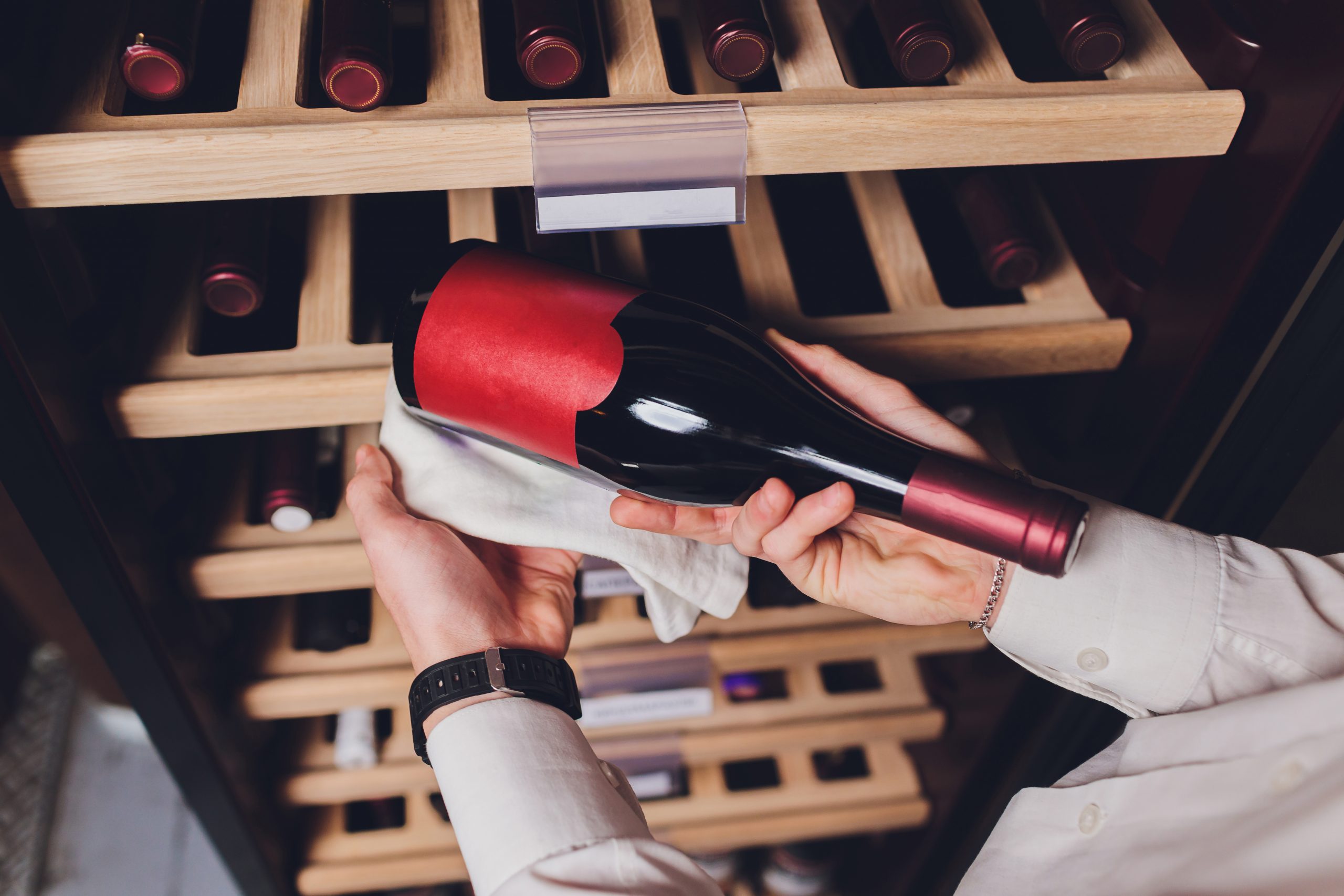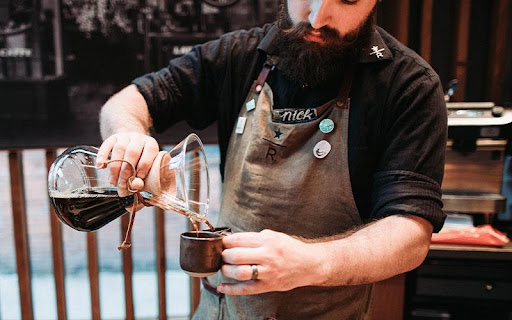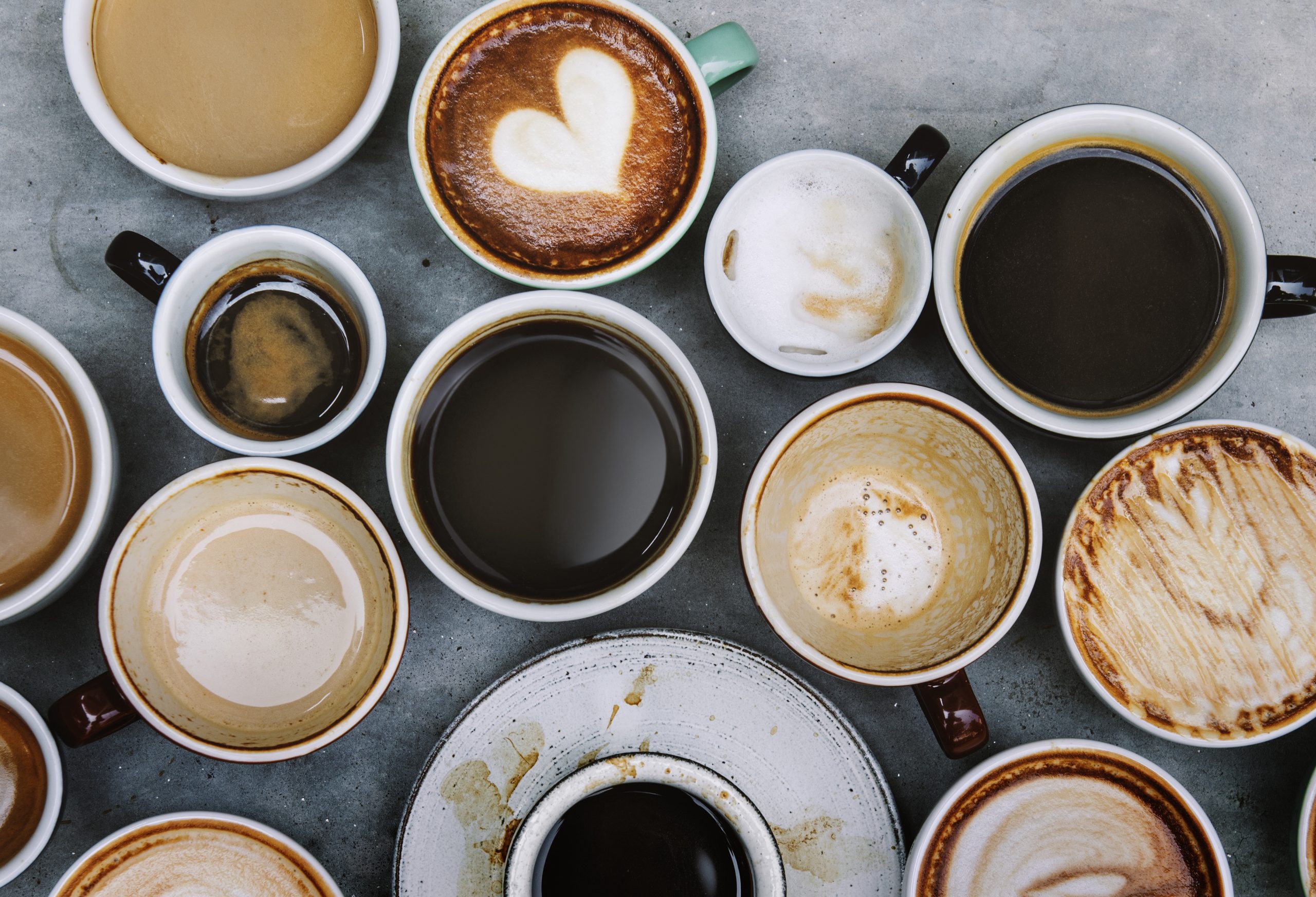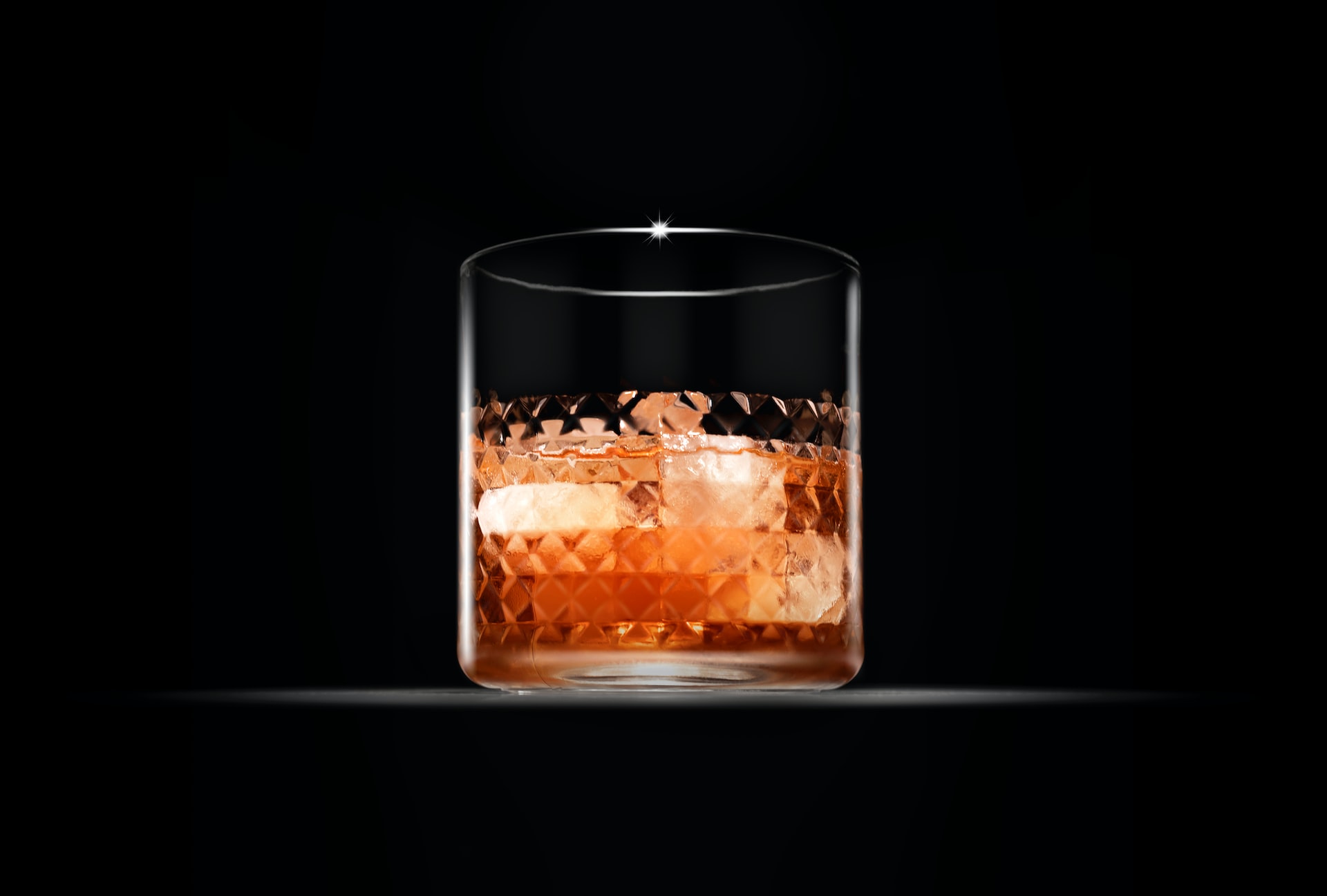Table Of Contents
Do you ever wonder how wines should be properly stored in your home? If you’re a wine enthusiast, you probably own a wine cellar in your house. Your wine collection should have a secure and convenient storage to protect their quality and keep them from occupying all the space in your kitchen and cupboards. However, is this enough to keep your wine fresh for the longest time? Read more to find out.
Curating wine storage closets or cellars is an infallible strategy that allows wines to last for decades and even centuries. Some wine drinkers also utilize fridges and coolers to make them last even after opening the bottle. See this page if you’re also concerned about keeping the freshness of wines already opened.
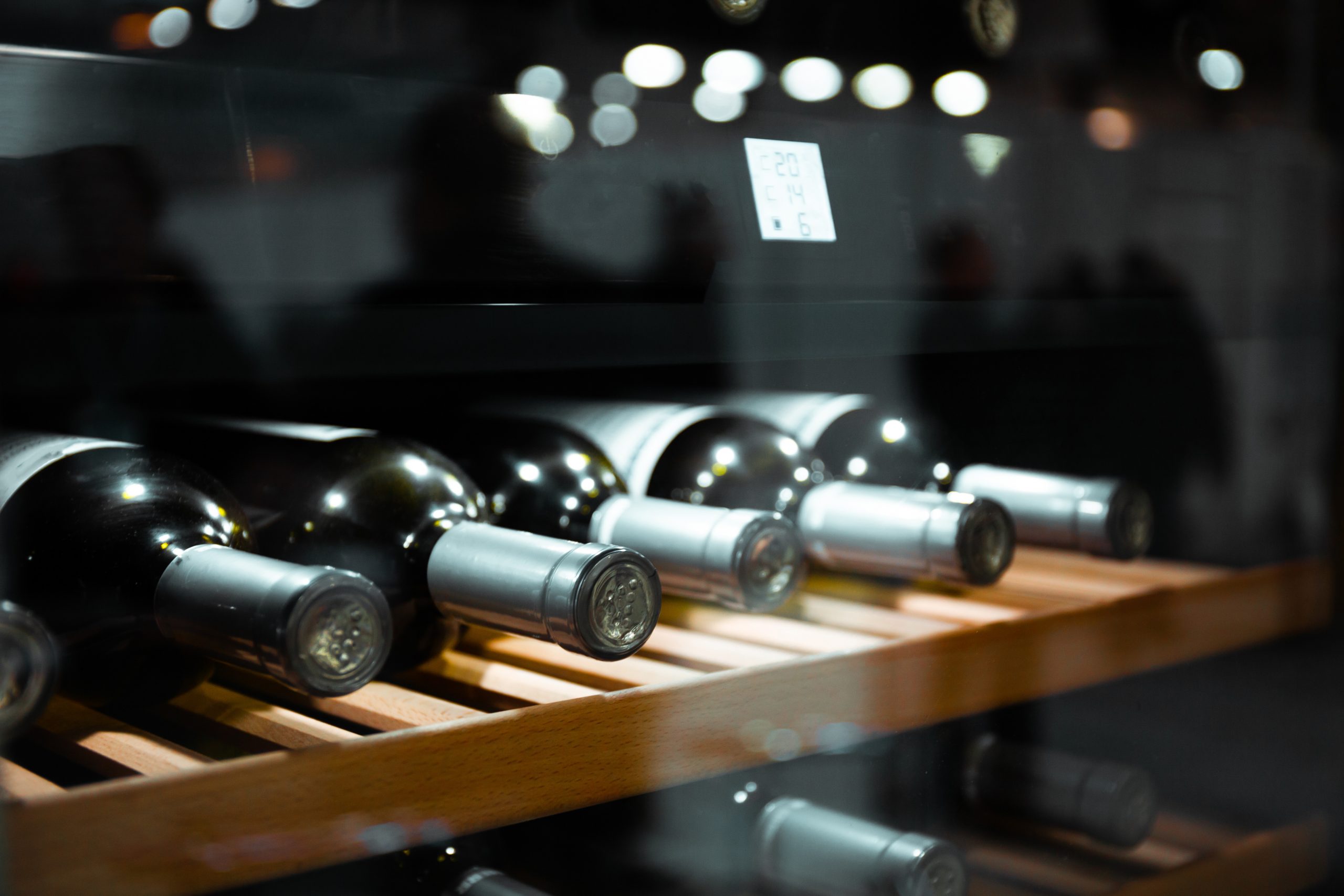
Before you stack up all your wine purchases into your cellar, learn more about the best ways to maximize the freshness and quality of your wine all year round.
1. Identify The Kind Of Wine
First thing’s first, know the kind of wine you own. Whether you bought it yourself or given as a gift by family or friends, you should take some time to read its label and composition. This will give you an idea of how it should be stored correctly. Cheaper wines no longer require cellar storage since they inevitably spoil over time, contrary to the more expensive kinds. Check the quality of your wine with these tips.
Also, consider the volume of wine you want to store and for how long. This article discusses how much do people spend on aged wine. Do you want to keep the wine in the kitchen for accessibility, or do you mind putting it in the wine cellar? Before finally opening a bottle of wine, you should have already anticipated how to store it right after, in case you won’t be able to finish the entire bottle. Pay attention to important factors such as temperature, light, and humidity.
2. Store Wine At The Right Temperature
Stored wines should be placed at the right temperature. It’s one of the crucial factors that will either make or break the quality of the wine. Unsuitably warm or cold temperatures might spoil the wine, depending on its kind.
The correct temperatures to store your wine for both long- and short-term storage should be around 13 degrees Celsius. However, this will still depend on the type and brand of the wine. Therefore, make it a point to ask and consult the wine shop where you bought it from.
It would be best if you never store your wines in extreme temperatures such as -4 degrees Celsius or as hot as 20 degrees Celsius. This will accelerate their aging process and affect the volatile compounds of the wine. Moreover, keep a storage cooler with a stable temperature because constant changes might lead to the expansion of corks, resulting in content spills over time.
3. Avoid Direct Sunlight And Store In A Dry Space
The sun’s direct heat will cause the flavor of the wine to change since the amino acids present can oxidize. Keep your wines away from spaces that are easily exposed to sunlight. Additionally, ensure that the storage is dry to prevent moisture and molds from building up.
Another thing to consider is the kind of bottle they are stored in. Keep in mind that darker bottles have more protection than ones made of clear glass. Aside from sunlight, fluorescent and artificial light can also significantly influence the integrity and condition of wines.
4. Consider The Bottle Placement
Wines with corks should be stored in a horizontal position. This is to keep the corks moist, since dried corks will result in cracking and may even cause seepage or premature aging of wine.
However, if your wine doesn’t have a cork, you may or may not place it horizontally.
5. Keep Humidity At The Right Levels
To prevent corks from drying and cracking, it’s also essential to maintain the right humidity levels in your wine cellar.
Ideally, humidity levels should be between 50-60 percent relative humidity. Below that, conditions will become too dry and might lead to the cork shrinking, resulting in your wine getting oxidized.
While anything a little over 70% relative humidity won’t damage your wine or the bottle’s cork, anything considerably higher than 70% runs the risk of mildew or mold growing in your wine storage area over time. It may damage or at least degrade the bottle, although the content of properly-sealed bottles won’t be affected.
It’s essential to note that red wines are less susceptible to oxidization compared to white wines. It’s mainly due to the red wine’s tannin that acts as a buffer. As mentioned previously, this is why assessing and evaluating the wine you want to keep fresh for as long as possible is vital.
6. Don’t Expose Wine To Vibration
According to experts, vibration affects the chemical reactions that occur naturally in a wine composition over time. As a result, it experiences premature and undesirable changes.
What would otherwise be a luscious wine becomes unsightly when its sediments get agitated due to unnecessary shaking. It keeps them from settling naturally, increasing the chance of introducing unwanted grittiness to the wine.
The good news is you shouldn’t worry about short-term vibrations. However, wines that are stored and exposed to vibrations regularly over several years are a different story. Their textures, aroma, flavors, and overall quality may significantly change.
The best thing to do is avoid storing wine bottles near sources of vibrations like fridges, dishwashers, clothes dryers, and washing machines.
Conclusion
It’s imperative to consider these essential factors in making the freshness of your wine last more than just a couple of months. Your wine, including its bottle, will be perfectly fine even for an entire year under the best conditions, and this guide should be enough to help you achieve that.
Building a wine collection should be an enjoyable and fulfilling experience. Do your best to improve your storage situation, and your beloved bottles of wine will have greater chances of lasting and improving their flavors over the years to come.
